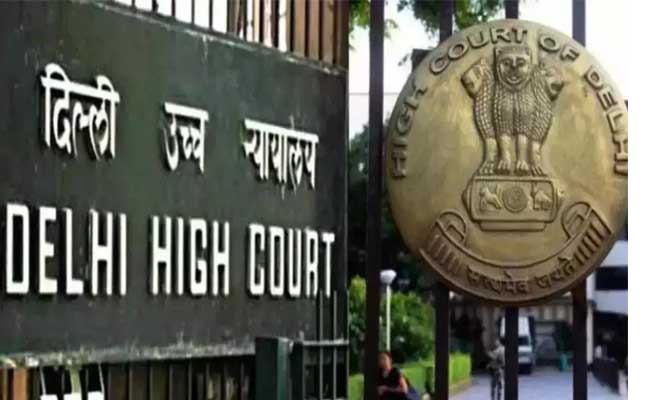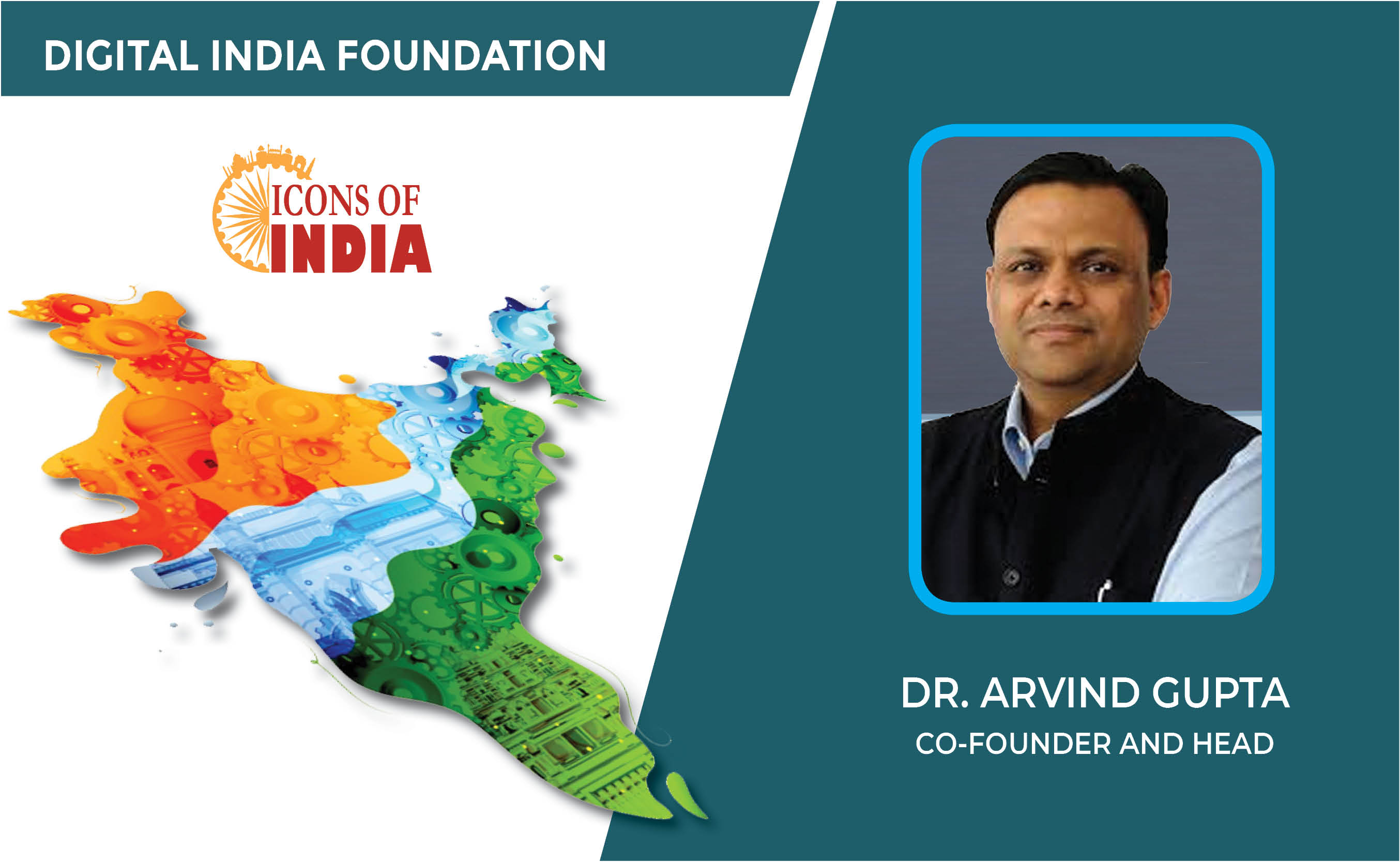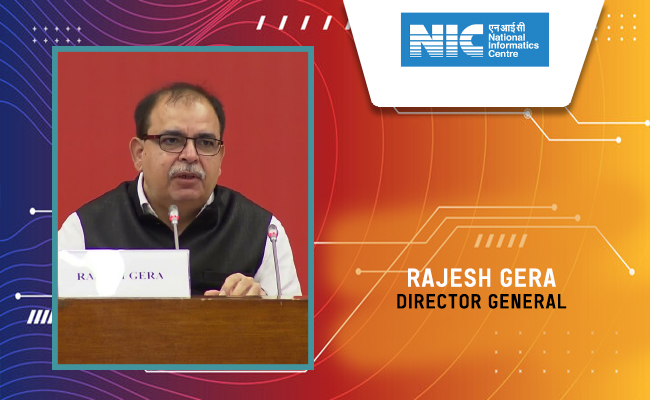Delhi High Court calls for swift expansion of SAHYOG portal to tackle cybercrime
By MYBRANDBOOK

The Delhi High Court has urged the Ministry of Home Affairs (MHA) to expedite the expansion of the SAHYOG portal, a platform designed to enhance coordination between Law Enforcement Agencies (LEAs) and IT intermediaries in tackling cybercrime. Despite its potential, the portal's adoption has been slow, with only 16 states and 9 intermediaries participating thus far. The court emphasized the need to accelerate the rollout of the platform to improve the efficiency and speed of cybercrime investigations.
During the hearing, the bench raised concerns about the challenges LEAs face in accessing crucial data from IT intermediaries. One of the major issues discussed was the requirement for First Information Reports (FIRs) before data disclosure, even in cases where preventive actions are needed. This requirement has led to delays, with response times sometimes stretching from 15 days to a month.
The court noted that this insistence on FIRs is contributing to slow investigations and could hinder timely actions in preventing cybercrimes. Additionally, the increasing use of proxy servers and VPNs in cybercrime activities has complicated the investigation process, leading to further delays, including the need for time-consuming Mutual Legal Assistance Treaty (MLAT) requests.
Jitender Singh, ACP from the Indian Cyber Crime Coordination Centre (I4C), informed the court about the progress of the SAHYOG portal. He confirmed that the first phase, aimed at dealing with unlawful content, will soon be live, with officers from all states and union territories expected to be on board within a month. However, the court highlighted that full integration of the portal remains a distant goal, as major platforms like X (formerly Twitter) and LinkedIn have yet to confirm their participation.
Further, the court reviewed the Delhi Police's efforts in drafting a standard operating procedures (SOP) handbook, which is in its final stages. The handbook aims to streamline the process of data requests and will address key issues such as data retention policies, emergency data access protocols, and timelines for responding to various criminal investigations, including those related to terrorism and online fraud.
In its ruling, the Delhi High Court ordered all intermediaries to respond to the concerns raised by Delhi Police by January 10, 2025. This order underscores the urgency of improving collaboration between law enforcement agencies and intermediaries to combat cybercrime effectively and streamline data access for timely investigations. The court's directive aims to bolster the fight against cybercrime by improving data sharing protocols and ensuring a more efficient legal framework for tackling digital crimes.


Legal Battle Over IT Act Intensifies Amid Musk’s India Plans
The outcome of the legal dispute between X Corp and the Indian government c...

Wipro inks 10-year deal with Phoenix Group's ReAssure UK worth
The agreement, executed through Wipro and its 100% subsidiary,...

Centre announces that DPDP Rules nearing Finalisation by April
The government seeks to refine the rules for robust data protection, ensuri...

Home Ministry cracks down on PoS agents in digital arrest scam
Digital arrest scams are a growing cybercrime where victims are coerced or ...


Icons Of India : Dr. Arvind Gupta
Arvind Gupta is the Head and Co-Founder of the Digital India Foundatio...

Icons Of India : Deepak Sharma
Deepak Sharma spearheads Schneider Electric India. He brings with him ...

ICONS OF INDIA : SHAILENDER KUMAR
Shailender Kumar is senior vice president and regional managing direct...


NIC - National Informatics Centre
NIC serves as the primary IT solutions provider for the government of ...

GeM - Government e Marketplace
GeM is to facilitate the procurement of goods and services by various ...

CSC - Common Service Centres
CSC initiative in India is a strategic cornerstone of the Digital Indi...


Indian Tech Talent Excelling The Tech World - JAY CHAUDHRY, CEO – Zscaler
Jay Chaudhry, an Indian-American technology entrepreneur, is the CEO a...

Indian Tech Talent Excelling The Tech World - Shantanu Narayen, CEO- Adobe Systems Incorporated
Shantanu Narayen, CEO of Adobe Systems Incorporated, is renowned for h...

Indian Tech Talent Excelling The Tech World - Aneel Bhusri, CEO, Workday
Aneel Bhusri, Co-Founder and Executive Chair at Workday, has been a le...
 of images belongs to the respective copyright holders
of images belongs to the respective copyright holders